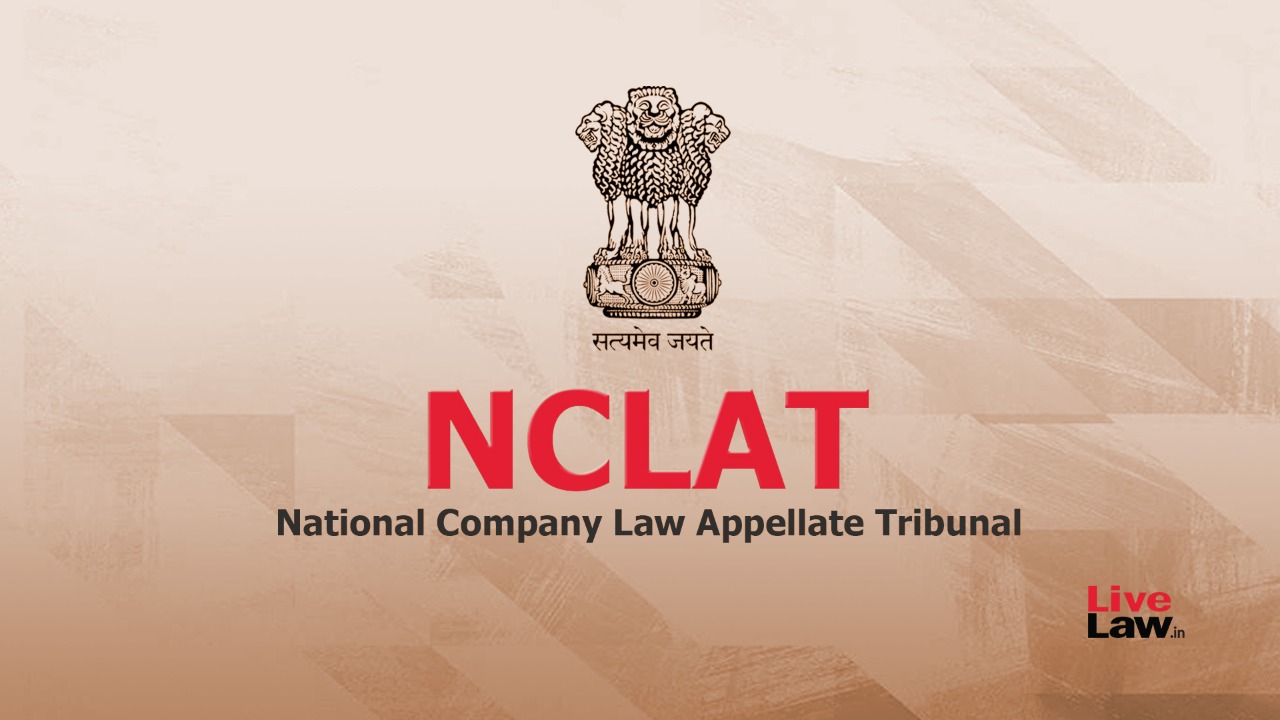Liquidation Of Corporate Debtor Can Be Ordered If Successful Resolution Applicant Cannot Obtain Necessary Approvals Within One Year: NCLAT


The National Company Law Appellate Tribunal (NCLAT) New Delhi bench of Justice Ashok Bhushan (Judicial Member), Mr. Arun Baroka (Technical Member) and Mr. Barun Mitra (Technical Member) has held that when a successful resolution applicant fails to obtain all necessary approvals within one year from the date of approval of the resolution plan— as mandated under Section 31(4) of the Insolvency and Bankruptcy Code, 2016—liquidation of the corporate debtor must follow as a necessary consequence.
Brief Facts:
The corporate debtor, namely Ushdev International Limited was admitted to Corporate Insolvency Resolution Process (CIRP) by order dated 17.05.2018 passed by the adjudicating authority on an application filed under Section 7 by the SBI.
The Adjudicating Authority approved the resolution plan on 03.02.2022, with an Implementation and Monitoring Agency (IMA) formed, including members from SBI, IDBI, the appellant, and the Resolution Professional (RP). The plan proposed ₹227 crore, with ₹225.14 crore earmarked for financial creditors.
From March 2022 to April 2023, multiple IMA meetings were held. In April 2022, the appellant indicated it had applied to Securities Exchange Board of India (SEBI) and Reserve Bank of India (RBI) for required approvals. On 28.04.2023, SBI filed I.A. No. 1857/2023 seeking enforcement of the resolution plan. The appellant argued the plan couldn’t be implemented without RBI approval, which was a precondition per Clause 14 of the plan.
On 08.12.2023, the Adjudicating Authority directed implementation of the plan within two months. Subsequent IMA and Joint Lenders’ Meetings followed. On 09.02.2024, SBI invoked the Performance Bank Guarantee (PBG). The appellant filed an appeal on 16.02.2024 against the implementation order.
Despite offering to deposit ₹225.14 crore in an overseas SBI branch, the appellant and SBI couldn’t agree on account-opening terms. Delays continued as both sides exchanged communications, and the amount was never deposited.
The Appellant submitted that the resolution plan could not be implemented by the appellant as the necessary RBI approval for certain transactions, as contemplated in the plan, had not been granted. Since the closing date under the plan is triggered only upon fulfillment of all conditions precedent, and such conditions remain unmet, the appellant cannot be held to have failed in implementing the resolution plan.
It was further submitted that appellant was ready to park the amounts under the resolution plan with the branch of the SBI at UAE, however, due to several requirement communicated by the SBI, the said event could not happen.
In reply, the Respondent submitted that the appellant failed to implement the resolution plan, prompting the JLM on 08.02.2024 to invoke the Performance Bank Guarantee and proceed with liquidation. As per the RFRP, it was the appellant’s responsibility to secure all regulatory approvals, including from the RBI. Despite over three years since the plan’s approval on 03.02.2022, the appellant has not fulfilled this obligation.
It was further submitted that under Section 31(4) of the Code, all such approvals must be obtained within one year. The appellant’s inability to arrange funds, as shown by shifting funding offers—from Anza Capital in the UAE to Sheikh Mohammed Bin Sultan Bin Hamdan—further reflects its lack of financial capacity.
It was further submitted that Appellant having not paid the amount to the financial creditor, even as per the timeline provided to the resolution plan the appellant has failed to implement the plan. Appellant cannot be allowed to drag the implementation for years on the pretext that approval by the RBI has not been received. Appellant was solely responsible for obtaining approval from the regulatory authorities.
Observations:
The Tribunal noted that the resolution plan was approved on 03.02.2022. The appellant maintained in Monitoring Committee meetings that implementation was delayed due to pending RBI approvals. However, as per Clause 3.1 of the RFRP and Section 31(4) of the IBC, the resolution applicant is obligated to obtain all necessary regulatory approvals within one year of the plan’s approval.
It further added that SBI filed I.A. 1857/2023 on 28.04.2023—well beyond this one-year period. The Adjudicating Authority’s order dated 08.12.2023, directing the appellant to implement the plan within two months, did not modify the plan but merely granted an extended timeline for compliance.
It held that it is evident that the authorised dealer, PNB, took all necessary steps, but the RBI has not granted approval due to certain regulatory contraventions. Regardless, the resolution applicant failed to secure the mandatory approval as required under Clause 3.1 of the RFRP. Moreover, the one-year period prescribed under Section 31(4) of the IBC for obtaining such approvals has also expired.
The Tribunal further observed that the order dated 05.07.2024 was passed at the appellant’s own request to demonstrate bona fides by parking the resolution plan funds with SBI’s Singapore or UAE branch. This direction was based on the appellant’s assurance to deposit the balance amount, yet the funds remain undisclosed even in the UAE.
It further observed that SBI’s reply clarifies that RBI approval is required only for a limited amount—₹2.24 crore—pertaining to a foreign financial creditor, out of the total ₹225.14 crore payable under the plan.
It further held that in the present case, while no prior approval was required before the resolution plan’s approval, Section 31(4) mandates that all regulatory approvals must be obtained within one year thereafter. The SRA, being responsible for securing such approvals, cannot justify the delay by citing external reasons.
The Tribunal concluded that the required approvals were not secured within the statutory one-year period or even the extended timeline granted by the NCLT until 08.02.2024. Therefore, there are valid grounds to conclude that the plan has not been implemented, and the pending liquidation application before the Adjudicating Authority must proceed.
Accordingly, the present application was dismissed.
Case Title: Taguda Pte Ltd. Versus State Bank of India & Anr.
Case Number: Company Appeal (AT) (Insolvency) No. 351 of 2024
Judgment Date: 30/05/2025
For Appellant : Mr. Abhijeet Sinha, Sr. Advocate with Mr. Kumar Anurag Singh, Mr. Zain A. Khan, Mohd. Abran Khan and Mr. Vijay Kumar, Advocates.
For Respondents : Mr. Navin Pahwa Sr. Advocate with Mr. Vaijyant Paliwal and Ms. Kirti Gupta, Advocates for R 1/SBI.
Mr. Soummo Biswas, Mr. Rishabh Jaisani, Ms. Aditi Tomar and Advocates for R-2/ PNB.





